NoCamels Listicle: These five startups have ideas that could benefit you
Wellness is driving more and more of the decisions we make about what to eat, how to exercise, and the steps we take to care for our mental health.
Last year alone digital health startups in Israel raised $870 million to develop businesses in personal care, physical activity, healthy eating, nutrition, physiotherapy, cognitive and mental health, and other areas that allow consumers to incorporate wellness activities into their daily lives.
At the annual Global Wellness Summit this week in Tel Aviv, over 410 wellness entrepreneurs and leaders from 50 nations met to help shape the future of wellness worldwide. Here are five Israeli companies that are improving consumer wellness and wellbeing in innovative ways:
CalmiGo
CalmiGo is a handheld device that resembles an inhaler and provides natural anxiety and stress relief. It guides users’ breathing patterns using lights and vibrations, and emits peppermint, lavender and other scents to encourage relaxation.
It was developed by Adi Wallach, who experienced panic attacks while pursuing her undergraduate degree at the Technion, in Haifa. After trying to change her diet, doing yoga, and going to therapy, she decided to develop her own solution.
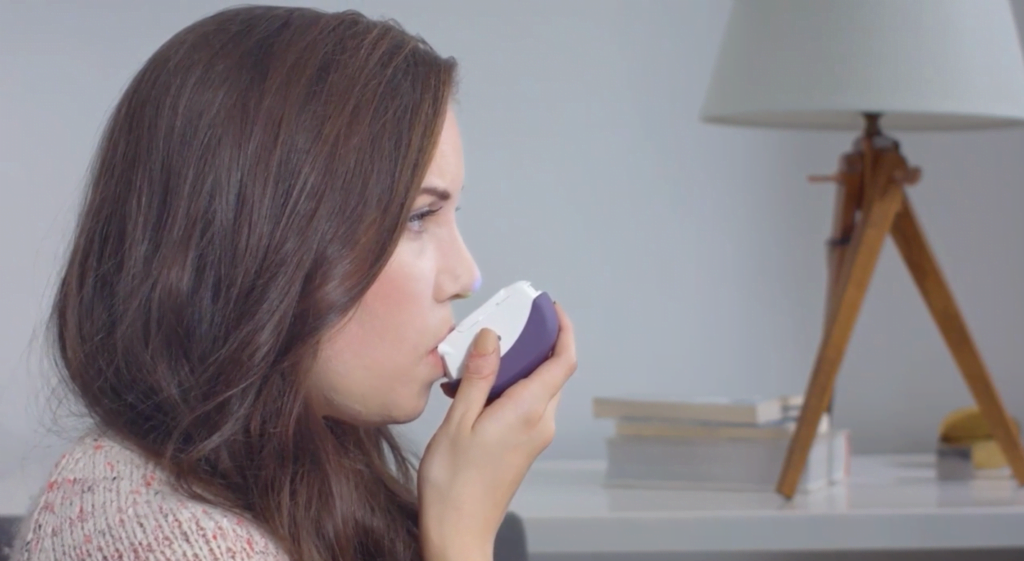
A study was conducted on 29 Israeli war veterans suffering from combat-related anxiety and PTSD by Reichman University. They used the device three times a day, for three minutes each time, and answered questionnaires after almost every week of use.
The participants experienced a rapid and long-lasting decline in both PTSD and anxiety levels, and scored their average anxiety much lower throughout the study than at the start.
X-trodes
A wearable skin patch measures brainwave activity, eye movement and more, and sends it to the user’s phone by Bluetooth.
Measuring our body’s electrophysiology – or the electric signals of the brain, heart, and muscles – is used to monitor sleep patterns and diagnose sleep disorders, measure athletic performance by monitoring real-time muscle patterns, and expand research beyond laboratory limits.
But current methods of monitoring require the use of bulky equipment, electrodes, gel, or suction cups – and in some cases, an overnight stay at a clinic.
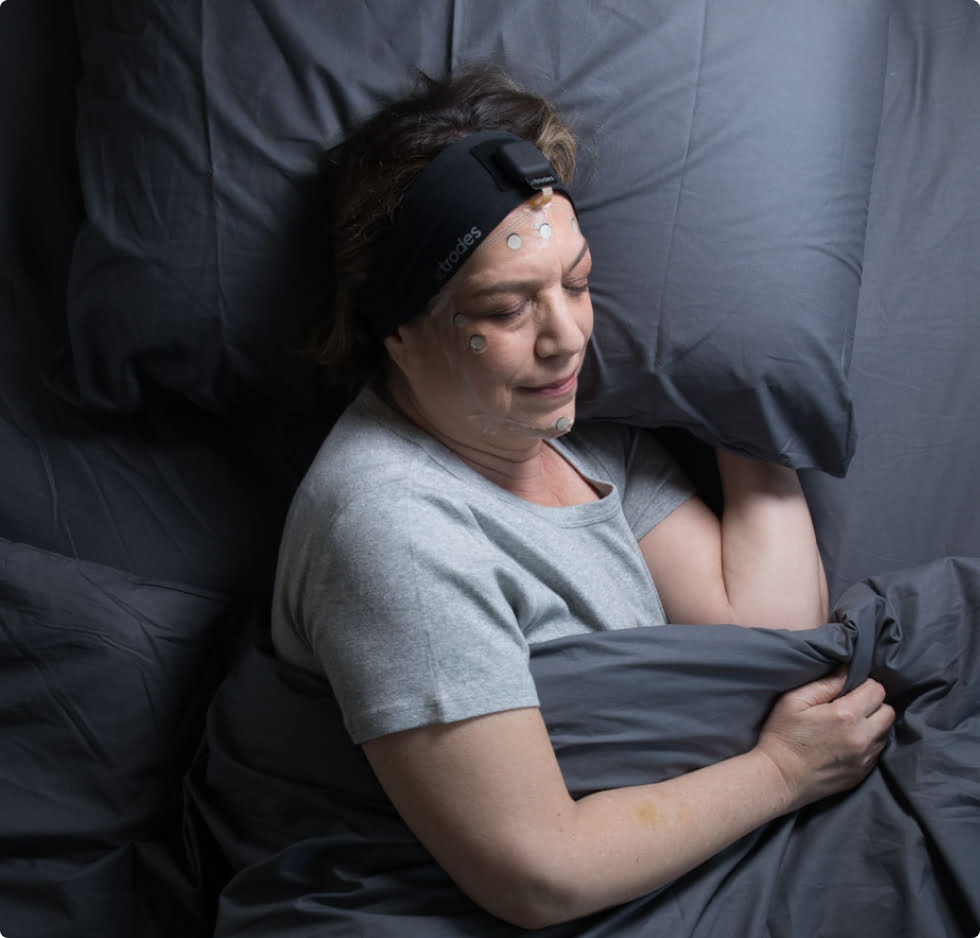
“X-trodes is a medical, wearable skin patch that measures the body’s physiology,” says Ziv Pereman, CEO of X-trodes.
“Instead of measuring the body’s electrophysiology in the clinic, we make it possible to do so in the home environment. Ours is a very simple solution – a skin patch that replaces all of these ‘golden standard solutions’ offered by clinics.”
It transmits data over Bluetooth to a small receiver, which it sends to the patient’s (or physician’s) mobile device. The data is meant to be integrated into a physician’s existing software systems.
X-trode’s electrodes can measure up to 10 hours of EEG (brainwaves), EOG (eye movement), EMG (skeletal muscles), ECG (cardiac activity) and EOIG (olfactory activations). It will be commercially available for clinical use next year.
Sign up for our free weekly newsletter
SubscribeSency
Sency uses computer vision and AI to track and analyze motion, to improve workouts and physical health.
Using only a camera on a smartphone, it counts, tracks, and charts movement in real time while providing instant video review, deep analysis, and insights, all on the user’s device – something Co-founder Neta Osman says other motion-tracking software companies cannot do.
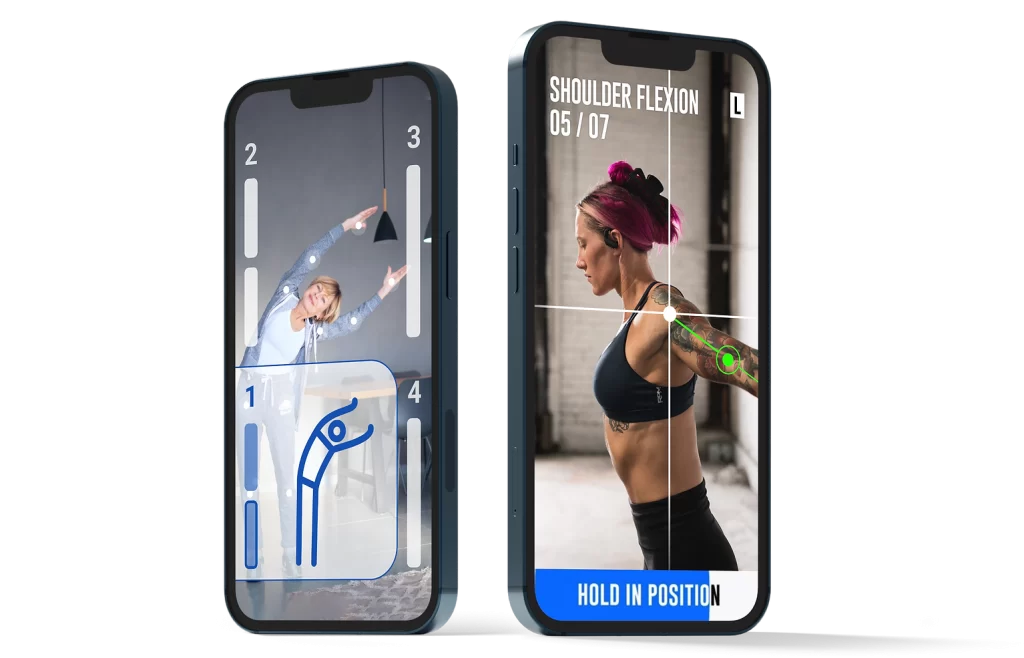
It has two mobile apps. WodProof helps crossfit athletes improve their performance by recording their workouts, and provides real-time feedback and custom-made exercise plans. And Sency Health creates daily exercises tailored to your body.
To get started, Sency conducts a computer-vision body assessment and analyzes the user’s movements to provide them with a tailor-made program.
Amai Proteins
Amai Proteins has developed a protein that’s 3,000 times sweeter than sugar, and can be produced at a fraction of the cost.
These sweet proteins are normally found in jungles around the Equator, but are not used as a sweetener due to challenges including cost, stability, and taste.
Founder Dr Ilan Samish used computational protein design and precision fermentation – which is similar to brewing beer – to develop the proteins in a lab.
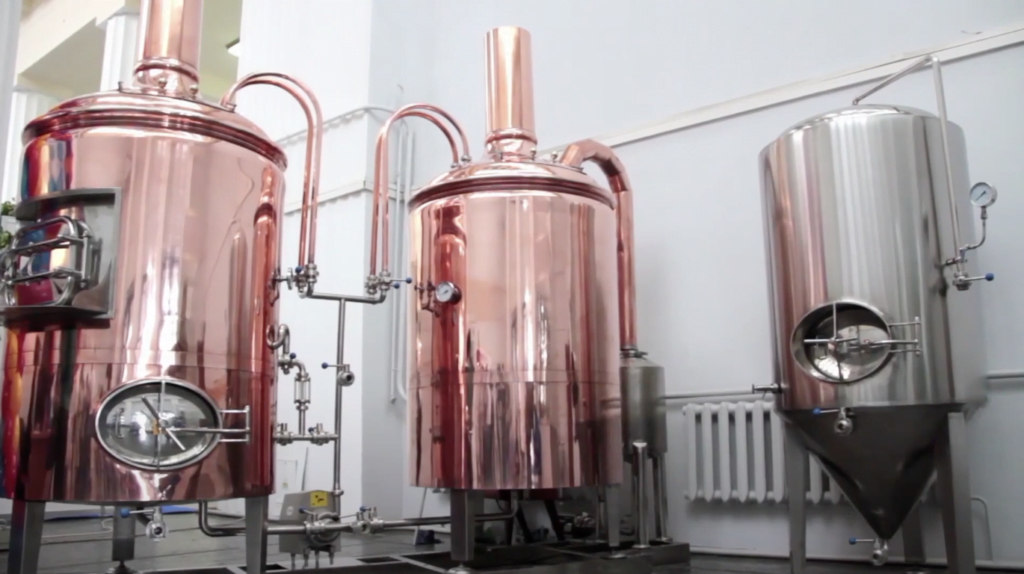
Using these proteins instead of sugar will save trillions of liters of water used to grow and produce sugarcane, and millions of acres of land, as well as save billions for healthcare systems.
The protein can been used to reduce sugar by up to 70 per cent in products like chocolate, granola, ketchup, and craisins. Amai Proteins’s first product will be launched in 2023.
myAir
MyAir is a subscription service offering personalized nutrition bars designed to reduce chronic stress. Users complete a cognitive questionnaire to determine how they are affected by stress, and are offered nutrition bars with different adaptogens – extracts from herbs and plants whose properties can counteract the effects of stress – based on their answers.
“We all want to manage our stress and be more mindful, but changing our behavior is so complex,” says Rachel Yarcony, CEO and Co-founder of myAir.
“The best way to change it is to attach the new habit to a current one that you enjoy – which of course is eating. So we use food and nutrition as a behavioral tool, and offer a platform that combines mind and body parameters.”
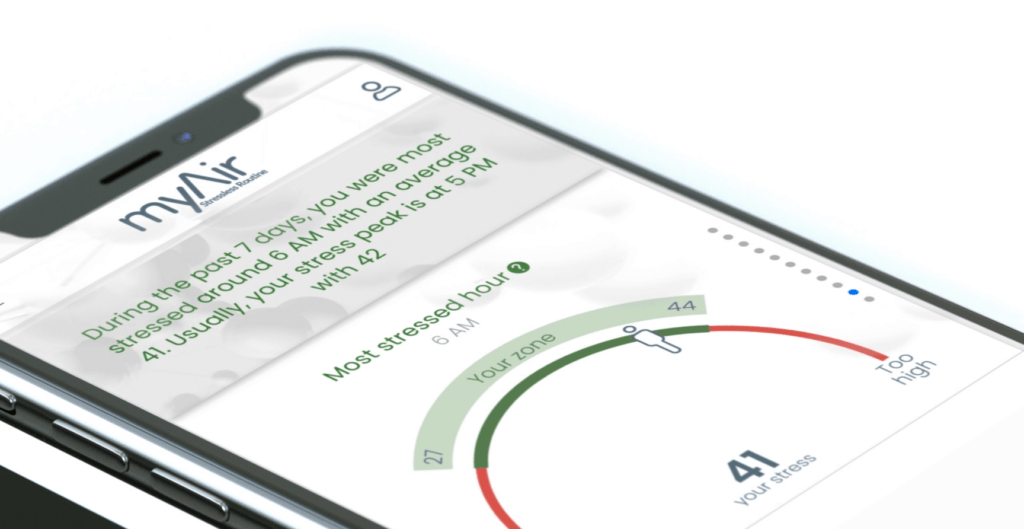
The company has an app that connects to your smartwatch to measure your current stress status, and the effects it has on you. MyAir offers six formulations of bars with different ‘super-plants’ like ginseng and hops, whose effects range from boosting energy levels and brain function, to improving sleep quality and focus.
Related posts

Rehabilitation Nation: Israeli Innovation On Road To Healing

Israeli High-Tech Sector 'Still Good' Despite Year Of War





Facebook comments